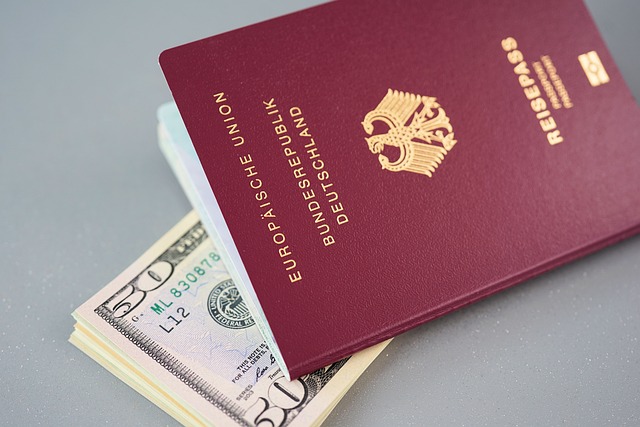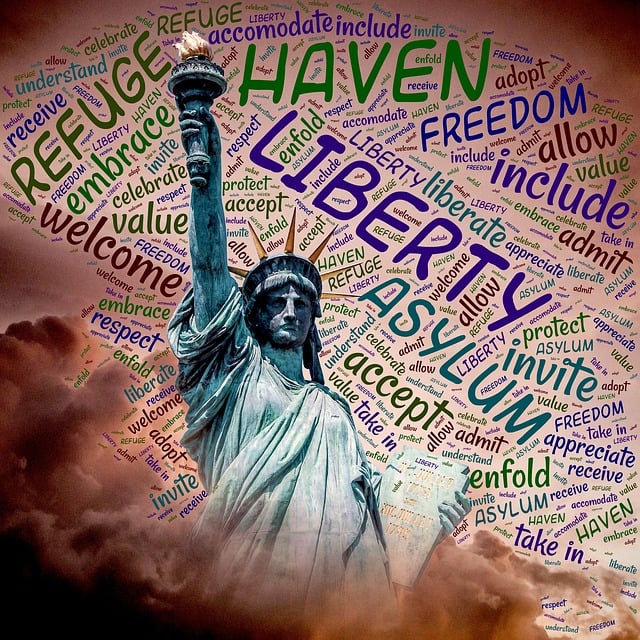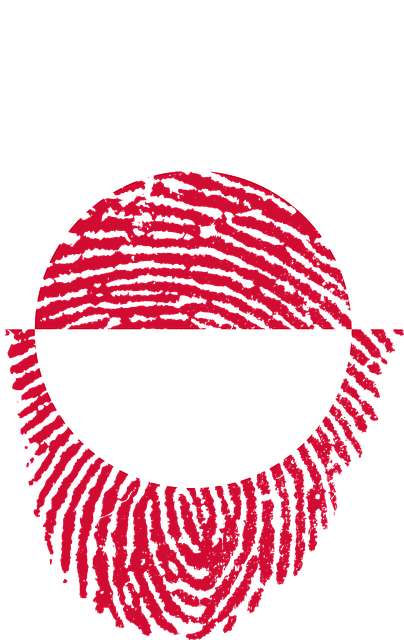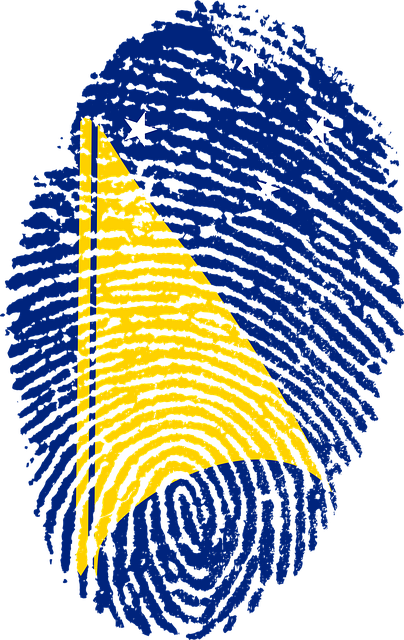In the UK, precise translations of legal documents like birth certificates, marriage licenses, and identity papers are mandatory for both individuals and entities dealing with the UK's legal system. This requirement is particularly stringent in immigration proceedings where official documents must be presented in English or Welsh. Only certified translations by professionals recognized by bodies such as the Institute of Translation and Interpreting (ITI) or the Chartered Institute of Linguists (CIOL) are acceptable. These certified translations are crucial for maintaining legal accuracy and for acceptance in legal cases, governmental processes, and official UK contexts. For individuals, especially those from non-English speaking countries, utilizing specialized immigration document translation services UK is essential to ensure a smooth immigration process. These services guarantee that translations adhere to the high standards required by UK immigration authorities, preventing delays and maintaining accurate and efficient handling of applications. Professional certified translation services are indispensable for anyone seeking legal recognition of their personal documents in the UK. The UK Home Office requires certified translations for all foreign documents, which include a statement from the translator affirming accuracy, signed and dated. For birth, marriage, and identification papers, this process is critical and must be carried out by a professional authorised translator within the UK. Depending on the document's country of origin, additional legalisation through embassies or consulates or an apostille from the Foreign and Commonwealth Office (FCO) may be necessary. To navigate the UK's immigration system successfully, one must rely on reputable translation services specializing in certified translations for these documents to ensure a compliant and seamless process.
When crossing borders or interacting with official UK entities, the authenticity of translated documents such as birth, marriage, and identity papers is paramount. This article delves into the critical role of certified translations in the UK, particularly within immigration processes. We will explore the necessity of these translations, the meticulous process involved, key considerations for selecting reliable translation services, and the intricacies of document certification and legalisation. For those navigating the complexities of UK immigration document translation services, understanding these aspects is essential for smooth transitions and compliance with legal requirements.
- Understanding the Necessity of Certified Translations for Legal Documents in the UK
- The Process and Importance of Certified Translation for Immigration Documents in the UK
- Key Considerations When Selecting Professional Translation Services for Birth, Marriage, and ID Documents
- Navigating the Certification and Legalisation of Translated Documents in the UK Context
Understanding the Necessity of Certified Translations for Legal Documents in the UK

In the United Kingdom, the precise translation of legal documents such as birth certificates, marriage licenses, and identity papers is paramount for both individuals and institutions interacting with the UK’s legal framework. The necessity for certified translations arises from the need to present these documents in English or Welsh, which are the official languages, especially when dealing with immigration document translation services UK. Certified translations ensure that the translated content accurately reflects the original document, both in terms of the text and its legal implications. These translations must come from a professional translator who is accredited by the relevant authorities, such as the Institute of Translation and Interpreting (ITI) or the Chartered Institute of Linguists (CIOL), to be considered legally binding. This validation through certification allows for seamless integration into legal proceedings, governmental processes, and other official contexts within the UK.
For individuals navigating the complexities of immigration, particularly those from non-English speaking countries, certified translations are an indispensable tool. Immigration document translation services UK play a crucial role in this process, as they provide precise and authoritative translations that comply with both legal standards and the specific requirements of the Home Office or other UK immigration authorities. The accuracy of these translations is not just about language equivalence; it’s about legal compliance, avoiding delays, and ensuring that applications are processed efficiently and correctly. Thus, for anyone requiring their personal documents to be recognised in the UK, engaging professional certified translation services is a critical step in the process.
The Process and Importance of Certified Translation for Immigration Documents in the UK

Certified translations play a pivotal role in the immigration process within the UK, where individuals from diverse linguistic backgrounds must present accurate and certified translations of their birth, marriage, and identification documents to the Home Office. The process of obtaining such translations begins with selecting a professional translation service that specializes in immigration document translation services UK. These services ensure that translations are not only linguistically precise but also comply with the stringent standards set by the UK authorities.
The translation must be carried out by a qualified and accredited translator, who will provide a certified true copy of the original document. This certification typically comes in the form of a statement of accuracy, signed and stamped by the translator, which attests to the document’s faithful translation into English or Welsh, as required. Additionally, the translation service should be able to provide a clear cover letter accompanying the translated documents, which explains the relationship between the translator and the client, thus affirming the authenticity of the translation. This meticulous process is crucial for immigration purposes, as it ensures that applicants meet the legal and bureaucratic requirements set forth by the UK’s immigration policies, facilitating a smoother and more efficient application process.
Key Considerations When Selecting Professional Translation Services for Birth, Marriage, and ID Documents

When the authenticity and accuracy of certified translations are paramount for birth, marriage, and identification documents, selecting a reliable professional translation service is crucial. In the context of immigration document translation services UK, precision and official recognition are key. Prospective clients must consider the translation service’s expertise in handling legal documents; after all, these translations often serve as critical components in legal procedures and immigration applications. It’s imperative to verify that the service is accredited by relevant authorities, ensuring their translations meet the stringent standards required for official use. Furthermore, the linguistic proficiency of the translators, along with their familiarity with the specific terminology found in these documents, cannot be overstated. A professional service should provide a seamless translation that is both legally compliant and culturally appropriate, reflecting the precise intent of the original text. For those navigating the UK’s immigration system, choosing a specialist translation provider that offers certified translations for birth, marriage, and identity documents can significantly streamline official processes and offer peace of mind in an often complex legal environment.
Navigating the Certification and Legalisation of Translated Documents in the UK Context

In the United Kingdom, navigating the certification and legalisation of translated documents is a critical process for individuals requiring their personal documents to be accepted by government bodies or institutions. This is particularly pertinent when it comes to immigration document translation services UK, where accuracy and authenticity are paramount. The UK Home Office stipulates that foreign documents must be accompanied by certified translations to be recognised within the UK legal framework. A certified translation involves a translator confirming that their translation is accurate and complete, and this certification must be accompanied by a statement of accuracy signed and dated by the translator. This process ensures that the translated documents are a true reflection of the original content and are legally compliant for use in official contexts.
For birth, marriage, and identification documents, the translation must meet strict standards. It is not sufficient to simply translate these documents; they must be certified by a professional translator who is authorised to provide such services within the UK. The certification process can vary depending on the country of origin of the document; for instance, some countries have their own embassies or consulates that can provide legalisation services. Alternatively, the Foreign and Commonwealth Office (FCO) provides a legalisation service known as apostille for documents from countries participating in the Hague Apostille Convention. This legalisation serves as an additional layer of verification, making the translated document legally equivalent to the original in the eyes of UK authorities. Utilising reliable immigration document translation services UK is essential for a smooth and legitimate process when engaging with legal entities within the UK.
When engaging with official processes in the UK, such as immigration or identity verification, the precise and certified translation of birth, marriage, and identification documents is paramount. The article has elucidated the critical nature of these translations for legal validity and the intricacies involved in the certification and legalisation process. Professional translation services in the UK that specialise in immigration document translation are equipped to navigate these requirements, ensuring that translations meet all legal standards and are accepted by governmental bodies. By adhering to the guidelines and utilizing reputable service providers, individuals can seamlessly transition through necessary procedures with the confidence that their translated documents will be accurate and compliant.



